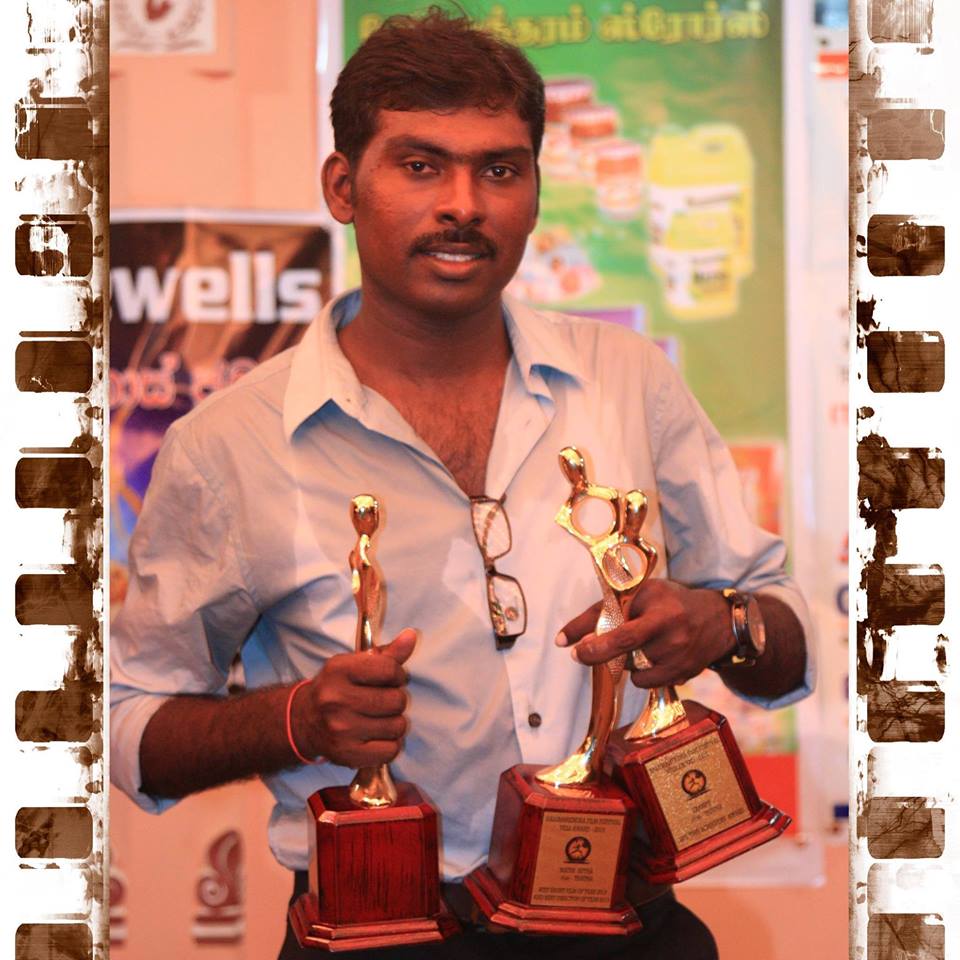
Rebuilding life: Rajiv Gandhi case convict's brother recounts struggle

May 21 marks the 28th death anniversary of former prime minister Rajiv Gandhi, who got killed by a suicide bomber of the LTTE. The day roughly coincides with the 10th anniversary (May 18) of the end of the civil war in Sri Lanka, which killed scores and scores of people besides rendering thousands disabled and forcing a lot many to immigrate to western nations. Hundreds of them disappeared without a trace. The Federal tried to get a sense of the lives of those who managed to survive the war and still continue to live in the island nation.
In the aftermath of the Easter Sunday bombings, getting Maheswari Thillaiampalam Suthakaran (a) Mathi Sutha (34) over the phone was very difficult, as most networks are still only partly-functional in several parts of Sri Lanka. Social media too is yet to become fully-operational.
Finally, after attempting to get in touch with him through WhatsApp, Facebook, Messenger, Mails and Hangout, contact with Mathi Sutha became available. “Apologise bro. Just now we finished editing for our next film” he said.
Having spent his youthful days in the midst of the civil war in the island nation, Mathi Sutha is one among the several Tamil youngsters trying to build their lives that is worth emulating.
Born in Jaffna and brought up in Vanni, he is also the brother of Suthenthiraraja alias Santhan-one of the seven convicts in the Rajiv Gandhi assassination case. He also has a sister named Suthesini and another brother named Sundararajan.
“War forced us to migrate every now and then inside Sri Lanka. Hence, I changed 7 schools to complete my schooling. During the final years of the war, I worked as a medical assistant. After the war, I worked as a labourer for some time. Then with the help of a relative I studied accounting. Now I am working as an accountant to help my family eke out a living. But my heart is in film-making” he said.
Also read: SC turns down plea against release of Rajiv Gandhi case convicts
Till now he has directed two feature films, 15 short films and 5 documentaries-all in Tamil. Most of the films were shot using smartphones, since he had no money to buy a camera. He produced his second feature film ‘Ummandi’ using a bank loan. It was released only in Jaffna in 2017 and was received well. In March this year, his short films ‘Vedimaniyamum Idiyan Thuvakkum’ and ‘Dharma’ bagged awards, in the categories of best film and best screenplay, at the IBC’s short film competition held at London. Altogether, his films have fetched him 23 international awards and the same have been screened in eight countries.
All his films speak about the civil war and its aftermath. He also portrays the present-day lives of former rebels who were once associated with the movements like LTTE. His films does not have the shades of Kollywood and he claims that is his unique selling proposition.
“There were times when I woke up in the morning only to find a friend dead-that too with his body fully drenched in blood. I think it’s because of God who made me escape the bombs and bullets. I thought there should be some reason for God to keep me alive. Perhaps, to tell the stories” he said. Many Tamil Nadu-based artistes like Trotsky Maruthu and Vetri Maran helped him learn the nuances of the art.
“Lankan Tamils for many years fought with two weapons namely pen and gun. The second weapon got wrested from us. We too are disinclined to use it any further. Though pen is mightier than sword, it is the camera which gives me more freedom to explain our stories” Mathi Sutha said.
While, in Tamil Nadu, the short films are used as a ‘visiting card’ to gain entry into Kollywood, the scenario is different in Sri Lanka. The Sri Lankan film industry is dominated by Sinhalese and only Sinhala films are produced with the help of the National Film Corporation of Sri Lanka. They are given loans and subsidies. But Tamil film directors need to source funds from the Tamil diaspora and therefore many of the films end up as low budget ones. Though they can release their films through the Corporation, 60 percent of the profit earned from ticket sales will go to the Corporation and the Tamil directors get only the remaining.
At times, films from South India too eat into the revenue share of Eelam Tamil films. It is in this backdrop, film directors like Mathi Sutha are continuously working hard to make a mark in the industry. They crowd-source, shoot using mobile cameras, cast friends and relatives as actors and distribute the movies in the form of DVDs. Thereafter they send their works to the international film festivals and bag awards. They hope that international recognition will help them penetrate the market, which will ultimately enable them to release their films on a grand scale.
Talking about the incarceration of his brother Santhan, he said, “The punishment of being in jail for 28 years is not only for my brother but also for us. Nothing that could gladden our hearts has taken place in our family all these years. It’s only his release from prison that will help us heave a sigh of relief. Our mother being in her last year can at least be the ground for releasing him.”
Some years ago, I visited Tamil Nadu to meet him. We both were in tears even as he asserted that his life isn’t worth living at all. He hugged me and apologised for making us bear the brunt of living in a squalor. He believes that he is being punished for a crime he committed in his last birth.”
Mathi Sutha fervently hopes his brother will soon be pardoned.


